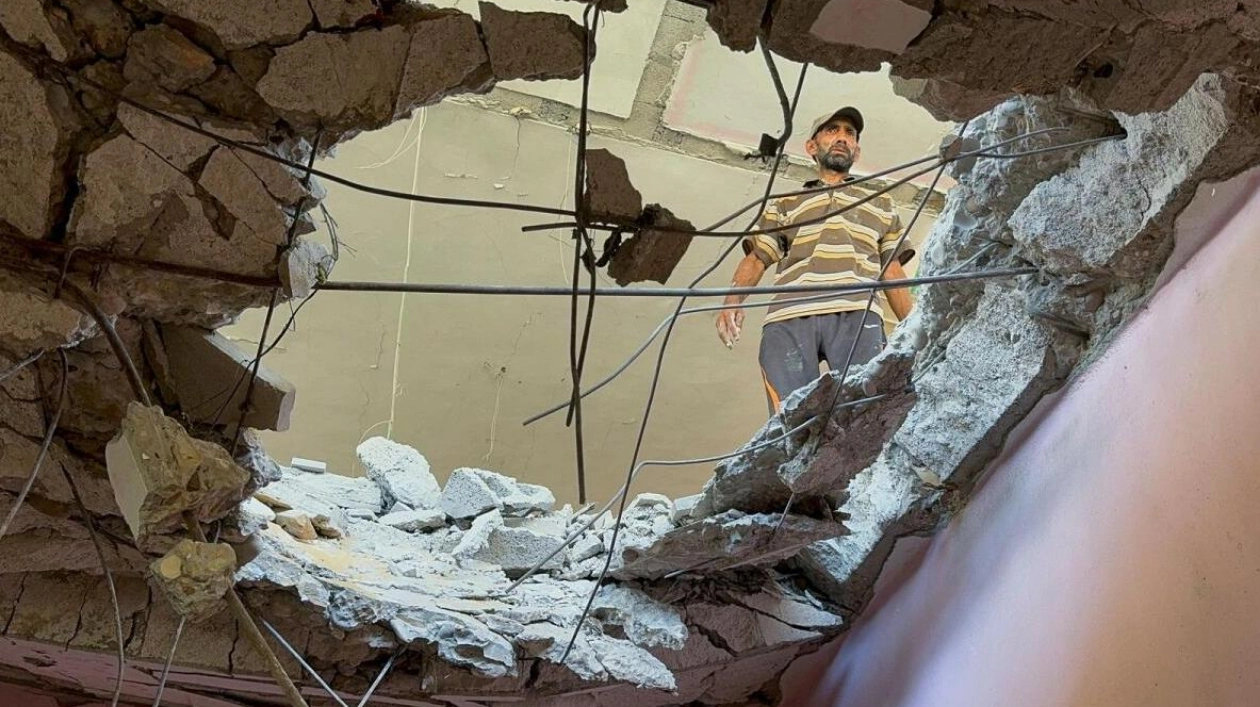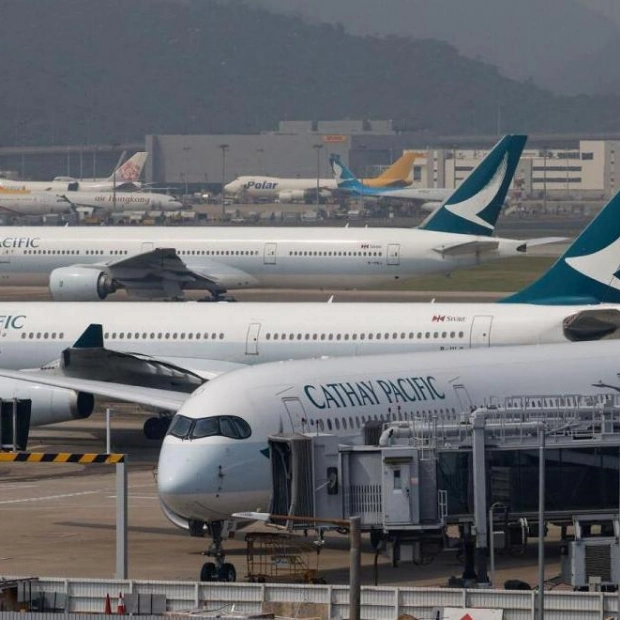US President Joe Biden unveiled a three-phase plan in late May aimed at concluding the conflict in Gaza, a strategy that Hamas prefers over initiating fresh discussions as agreed by Israel starting Thursday. Biden characterized this plan as an Israeli initiative, which has undergone rigorous scrutiny in recent weeks amid ongoing hostilities in Gaza. Last week, Israel, which had been reticent about endorsing the agreement, declared its readiness to engage in new discussions regarding the plan. However, shortly thereafter, Israel conducted a lethal attack on a Gaza school sheltering displaced individuals, resulting in at least 93 fatalities according to Palestinian rescuers. The Israeli military claims 19 Palestinian militants were killed, while Israeli news outlet Walla, citing military sources, reported 38 militants dead. Israel's decision to commence new talks, possibly in Cairo or Doha, followed shortly after the assassination of Hamas's political leader, Ismail Haniyeh, in Tehran, an act widely attributed to Israel.
Biden outlined the first phase as a "full and complete ceasefire" extending six weeks, with Israeli forces retreating from all populated areas in Gaza. Hamas would release several hostages, including US citizens, captured during the October 7 attacks, along with the remains of deceased hostages. In exchange, hundreds of Palestinian prisoners would be freed, allowing Palestinian civilians to return to their homes in Gaza, largely ravaged by Israeli bombings. Humanitarian aid would increase to 600 trucks daily entering Gaza, supplemented by international contributions of hundreds of thousands of temporary shelters and housing units. During this initial six-week period, Israel and Hamas would negotiate the arrangements necessary for phase two, a permanent end to hostilities, with the ceasefire potentially extended as negotiations progress. The United States, Egypt, and Qatar would act as brokers to ensure the negotiations' success.
Under the second phase, lasting another six weeks, Israeli forces would fully withdraw from Gaza, and Hamas would release all remaining living hostages, including male Israeli soldiers, a significant issue for Hamas historically. If both parties adhere to the agreement, it would result in a permanent cessation of hostilities, initiating a major reconstruction and stabilization plan for Gaza supported by the US and the international community. Biden emphasized working with regional partners to prevent Hamas from rearming, with the reconstruction phase expected to span three to five years. The third phase would involve the return of the final remains of any deceased hostages. Biden warned that if Hamas fails to meet its commitments, Israel has the option to resume military operations, while Egypt, Qatar, and the United States would ensure compliance from both sides.
Hamas criticized any further talks as merely providing cover for Israel, allowing more time to continue its war against Gazans. Israel has not yet responded to Hamas's latest demands for the agreement's implementation. Mediator Qatar swiftly condemned Israel following Haniyeh's assassination, questioning the possibility of successful mediation when one party assassinates the other's negotiator.






